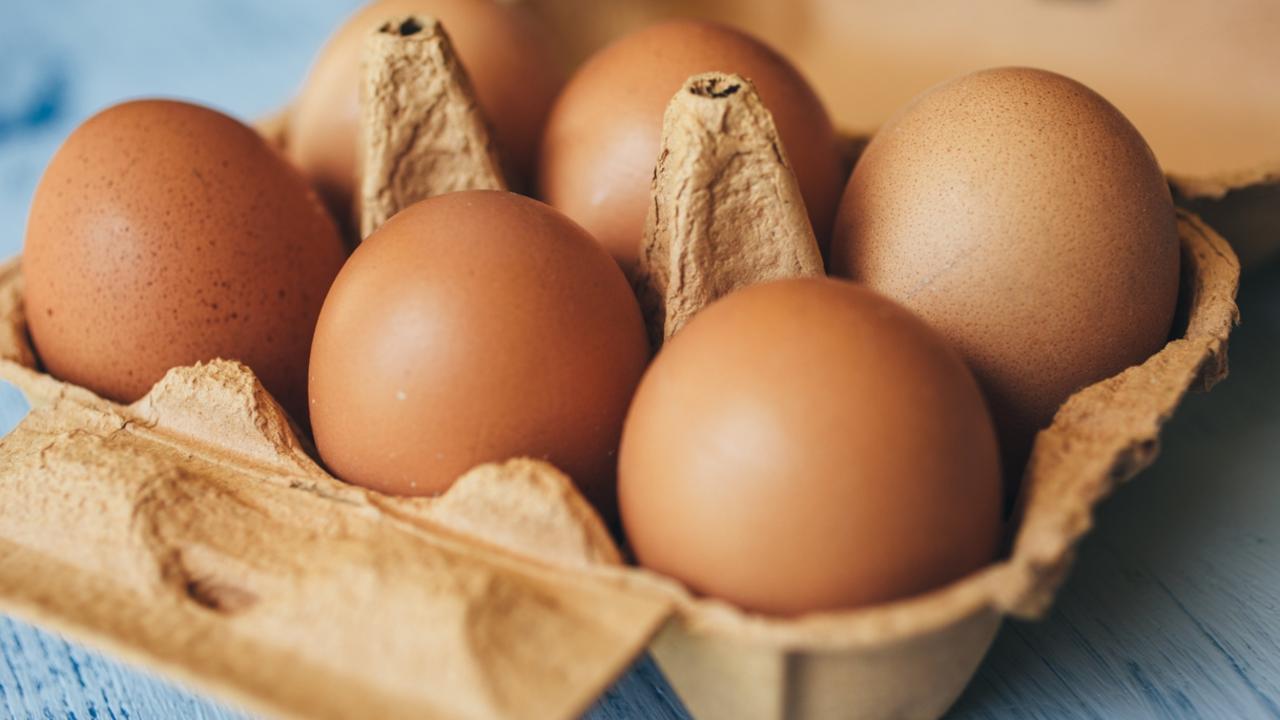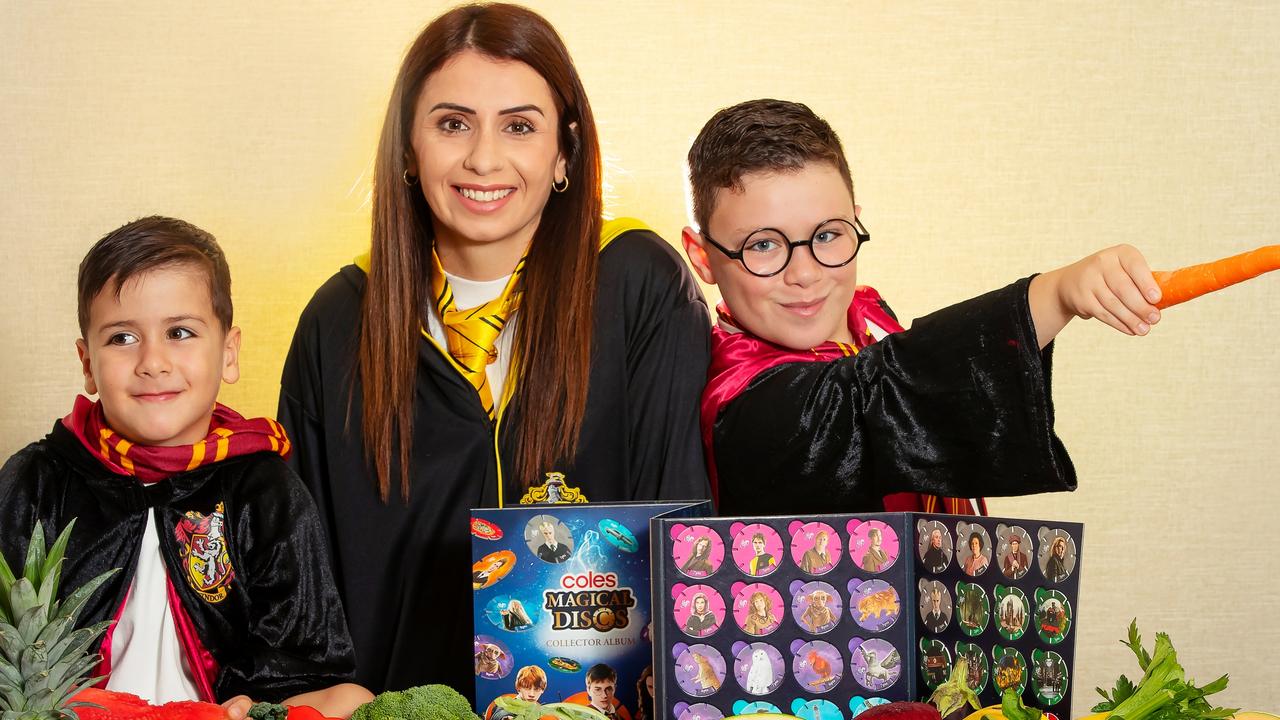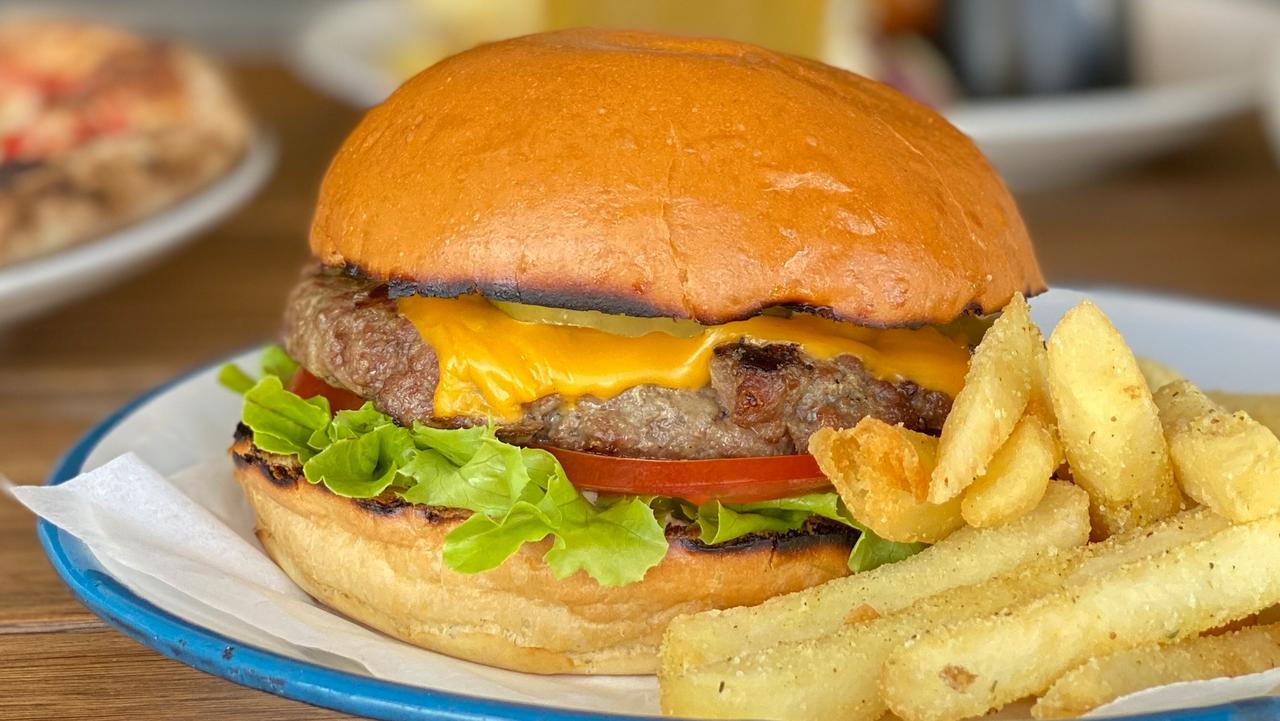Make the most of your 20s and 30s!
IT'S typically the time for good fun, partying and then starting a family - but if you also want glowing skin, a fit body and plenty of energy in your 20s and 30s, you'd better read on!

WANT to know what foods you should be eating in your 20s and 30s to help cement lifelong health? Nutritionist Susie Burrell advises.
For many, the 20s and 30s are the time for good fun, partying, young families and a busy work and social life. Throughout these years you may also be blessed with glowing skin, a fit, slim body and plenty of energy to sustain your lifestyle.
For others, the 20s and 30s can represent a time in which poor habits are cemented. Body weight increases, fitness declines and general feelings of fatigue, low mood and energy emerge when the body is not being nurtured the way it should be with good food and regular exercise.
1. Manage your weight
The most powerful step you can take towards lifelong health is to try and keep your weight as controlled as possible during these years.
The reality is that even without trying, Australian adults are likely to be gaining weight every single year simply due to our relatively inactive lifestyles and to the abundance of food we have in our lives.
To prevent this from happening to you, weigh yourself regularly and keep aware of any weight fluctuations. Limit your alcohol intake and aim to have at least two alcohol free days each week. Increase your daily vegetable and salad intake and commit to exercising at least three to four times each week.
 More: Hundreds of vegetarian meal ideas
More: Hundreds of vegetarian meal ideas
2. Keep an eye on your nutrients
Another important health-related area to consider as you move through your 20s and 30s is that, there are a surprising number of common nutrient deficiencies associated with this age group. Up to one in four Australian women have low iron levels, which can leave you feeling fatigued, susceptible to infection and breathless.
Low vitamin D levels are also common, as more people spend less and less time in the sun. Low vitamin D can again leave you tired, lacking energy and prone to infection. Other essential nutrients at this time include zinc for hormone production, essential fatty acids for nerve function and overall cell health and iodine to optimise metabolism.
 More: 7 ways to boost your metabolism
More: 7 ways to boost your metabolism
3. Eat lean red meat and omega 3-rich fish
If you translate these key nutrient requirements into key foods, it is easy to start to tick all your important nutritional boxes. Start on the right foot by making sure you eat some lean red meat at least three to four times each week if you're a meat-eater. This will ensure that you are getting all the iron and zinc you need for optimal energy production.
Next, include omega 3-rich fish such as tuna, salmon, sardines or snapper in your diet each week, as well as handful of nuts at least every second day. A regular intake of nuts and seafood will ensure that you are getting your essential fats on a daily basis. Once you are eating properly, remember to spend a few minutes in the sun each day to get the hit of vitamin D that you need for lifelong health and wellbeing, the foundations of which begin in your 20s and 30s.



